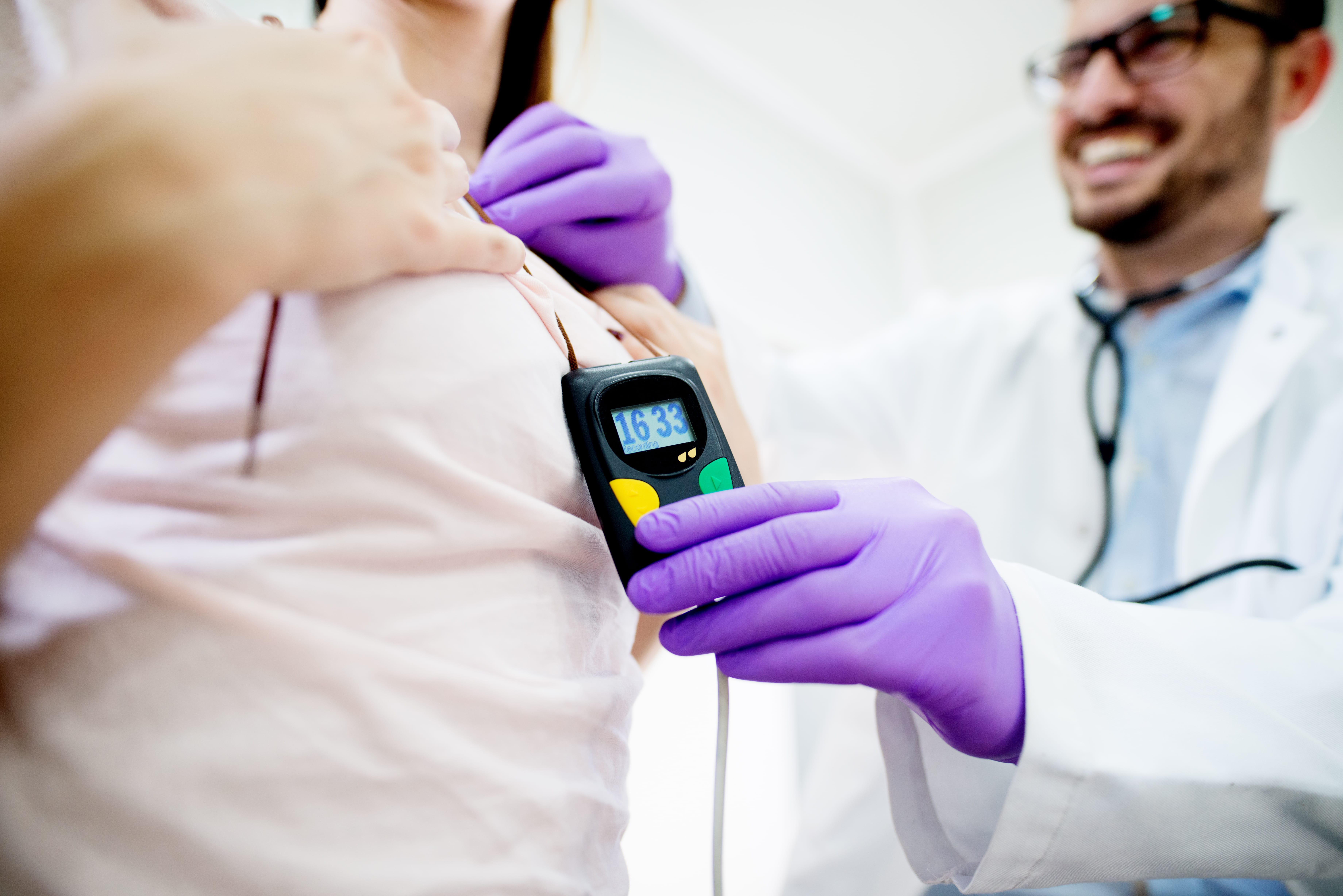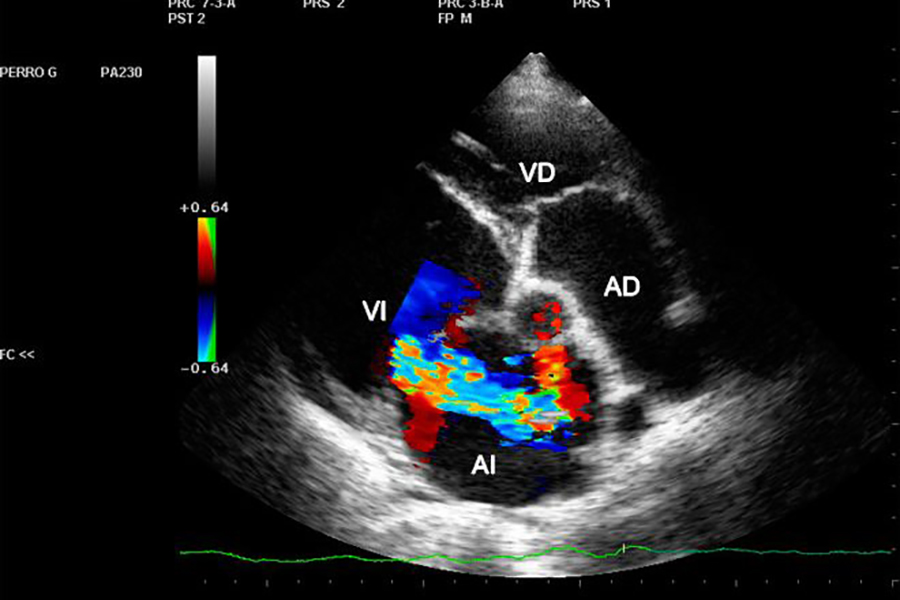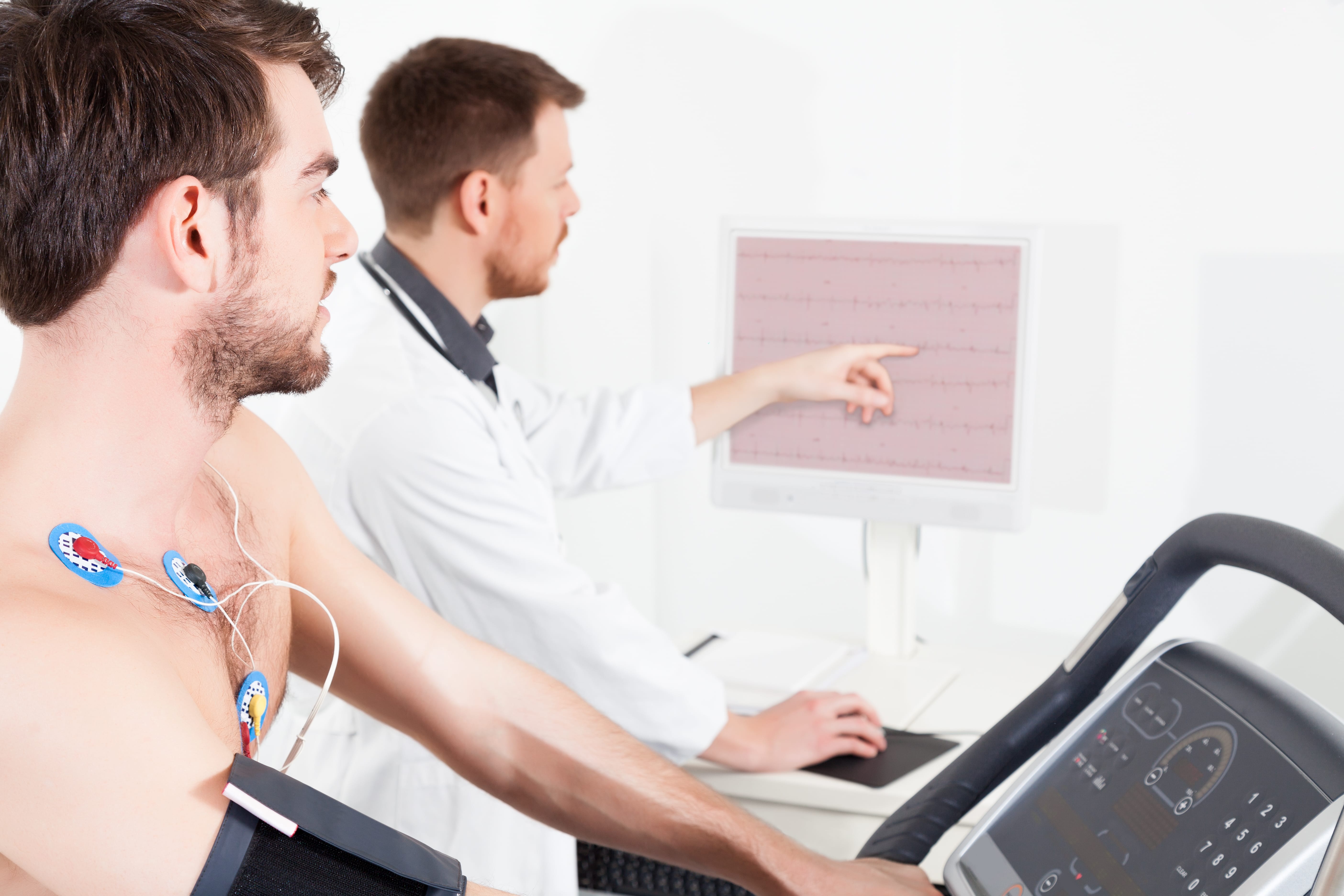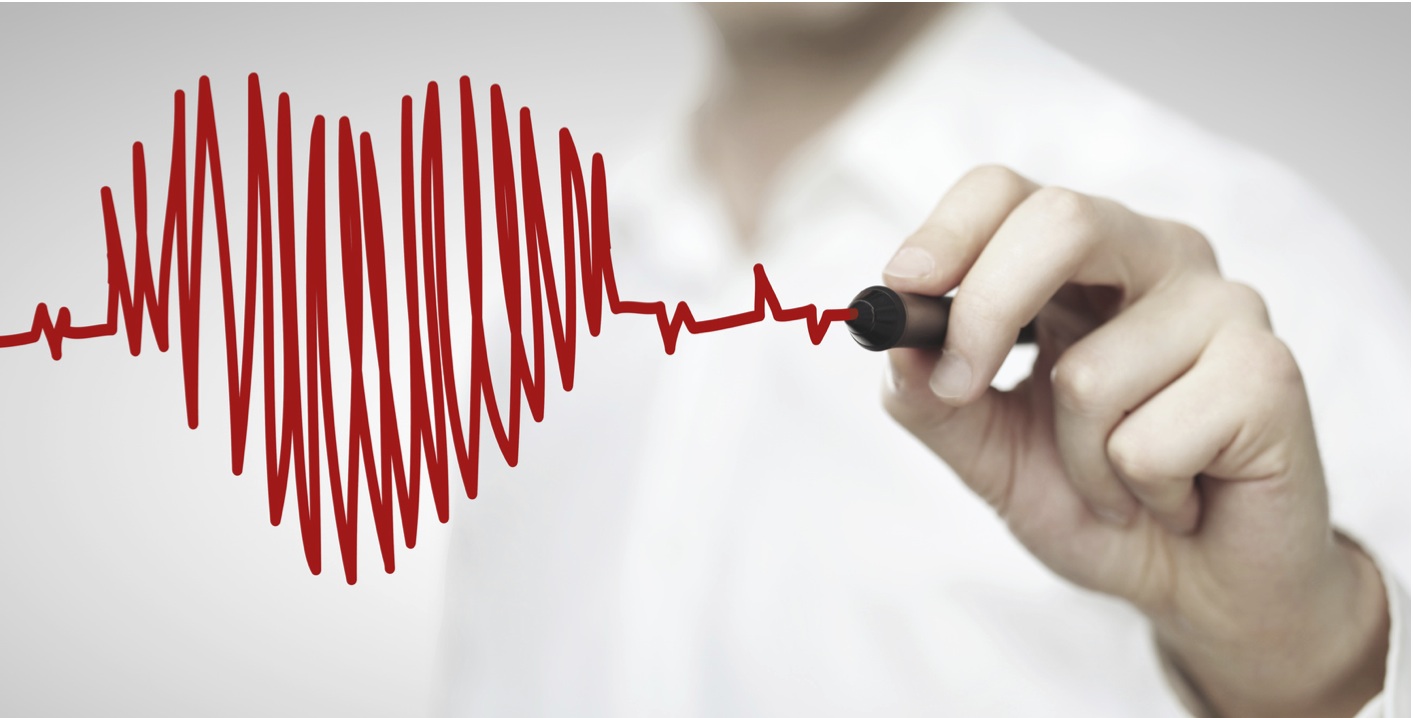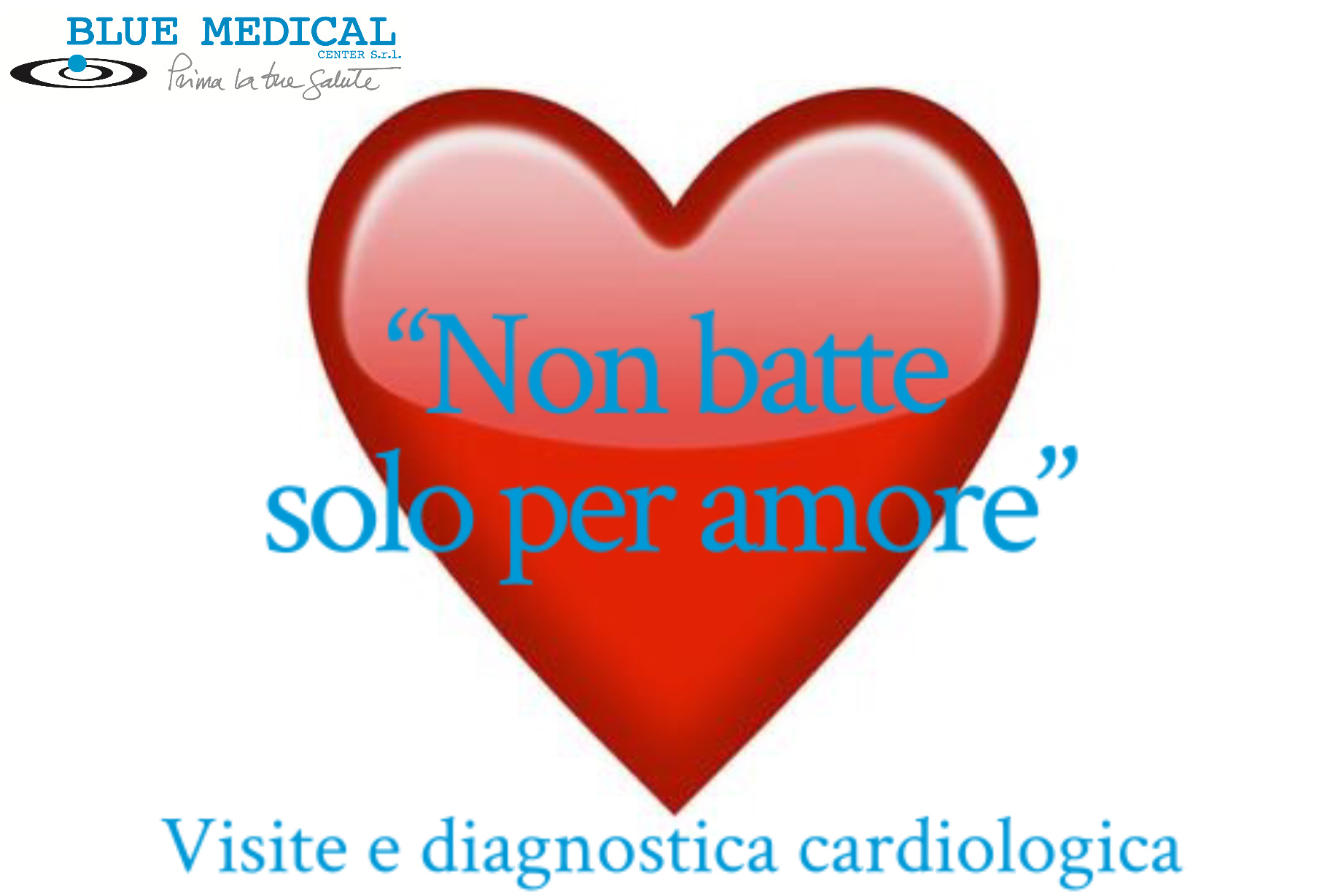Cardiology
The heart is the most important organ of our body. Thanks to the heart, oxygen is transmitted throughout our body and enables us to breath and in one word: to live. Cardiology deals with this tireless muscle, which in a lifespan beats an average of 3 billion times, by means of prevention, diagnosis and, when necessary, therapy.
A cardiological examination is the first contact or the continuation of a diagnostic or therapeutic procedure and represents the essential basis for the diagnosis and treatment of a cardiological issue. The doctor listens to the patient and then examines him. A cardiological evaluation is usually completed by performing an electrocardiogram.
A cardiological examination is fundamental for the diagnosis and treatment of the main heart diseases among which: hypertension, ischemic cardiopathy, heart failure, cardiomyopathies, heart valve diseases or patients with valve prostheses. Furthermore, patients who do not have known diseases are referred to outpatient heart clinics, because they need the cardiologist’s opinion for symptoms such as: chest pain, exertion or at rest breathlessness (dyspnea), fainting (syncope) or dizziness, palpitations or asthenia.

